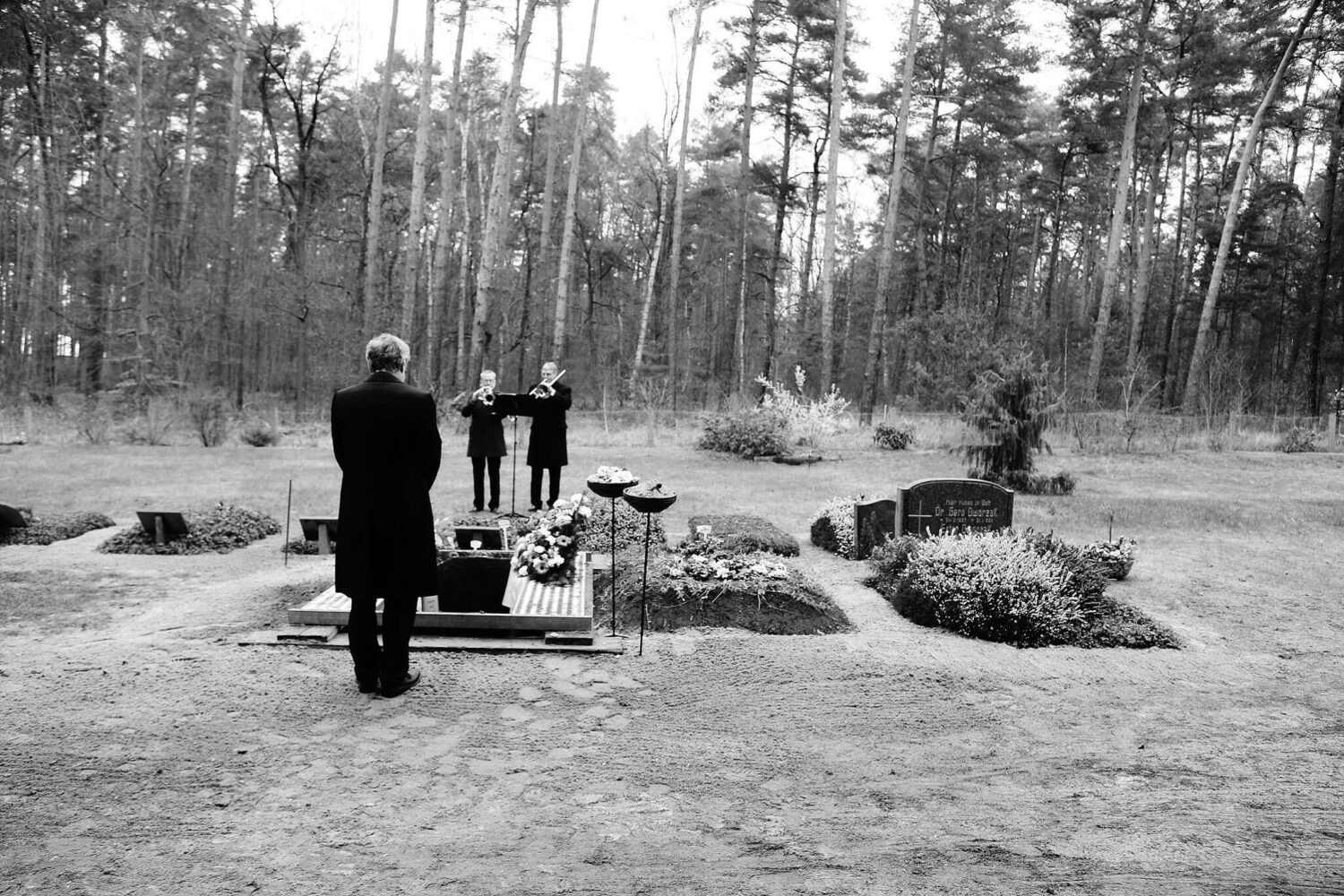How to deal with grief? Thoughts on Remembrance Sunday
21. Nov. 2025 / Campus Living / Science & Research
The phone rings. At the end of the call, the question comes, “Oh, by the way, have you heard that XY has died?” No, I had not. It hits me like a hammer. Completely unexpected, without any warning and far too early, a brother in faith from my former home church has died. Memories come flooding back. The pain of losing a loved one can resurface at any time. I know that only too well ...
In an emergency – what helps?
How to deal with grief? Oh, if only there were a magic formula! There isn't. Everyone grieves differently; everyone has to find their own way. It seems inappropriate to make a list of everything that might help. And yet, nine years ago, when my first wife Carol died suddenly at the age of 55, my knowledge of how to deal with grief—gained from literature and pastoral care experience—helped me greatly.
First of all, grief is not something inappropriate that we should be ashamed of. Grief is a completely normal, healthy response to loss, even if it takes forms and expressions that are not “typical” for us and may seem strange or crazy. It is much more unhealthy to suppress grief.
Give grief space.
Cry loudly or quietly—whatever you need (for me, that place was the shower). Create rituals—favorite flowers on the coffin, a place of honor for the photo, a birthday party even though the person is no longer there, whatever. Cultivate gratitude for all the good things that were. And share your pain with people you trust and who will bear it with you.
Cultivate a culture of remembrance
It's just a shame that our communities hardly cultivate a culture of remembrance – for example, remembering once a year all the people who we had let go during that year. Are we overly afraid of falling into a cult of death? That doesn't have to happen. Rather, we should consider our own mortality – so that we may become wise (Psalm 90:12) and continually remind ourselves of the hope that allows us to grieve differently.
Prof. Andreas Bochmann, Ph.D., is a counselor and supervisor (DGSv); he was a hospital chaplain, parish pastor, and counseling center director; now a professor of counseling and pastoral care at ThHF, he established the master's program in counseling and will continue to lead it until summer 2025.
